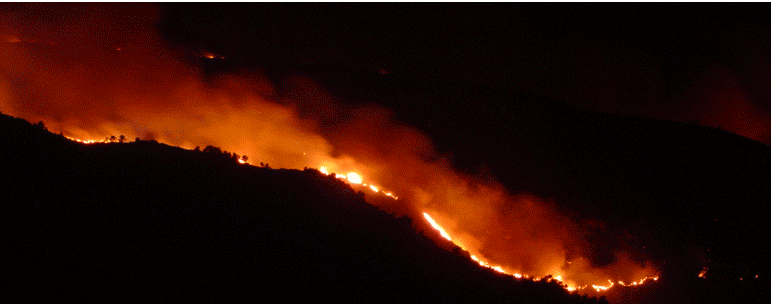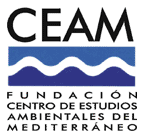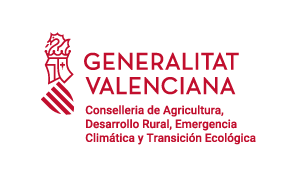THE
FOREST FIRES AREA

This
line of work studies the impact and response of vegetation to fires
and the degradation processes related with fires.
Preventive
selviculture:
In
dry Mediterranean areas, plant communities that have grown after
forest fires are frequently found, dominated by shrubby species
which, in turn, present a high risk of spreading new fires. When
managing such areas, it is necessary to address reducing the risk of
fire and improving plant composition and biodiversity simultaneously
to favour the presence of shrubby and arborescent species that are
capable of rapidly sprouting if a forest fire breaks out.
Our
research works study the structure of fuel and the most suitable
management techniques to facilitate woodlands becoming less
vulnerable to fires.
Burnt
woodlands management:
This
programme develops procedures to identify and assess risks in
woodlands that have been victims of forest fire and to implement
recommendations to alleviate the effects of fire in the short and
mid term. Our broad experience in assessing the ecological impact of
fires has allowed us to develop a specific methodology to identify
the most vulnerable areas and to make recommendations for the most
urgent restoration actions.
Forest
fires under climate change conditions:
The
interactions among changes in soil use, socio-economic changes and
climate change on forest fires are analysed. Adjustment management
proposals are put forward to face changes in the climate
change-associated pattern of fires.






